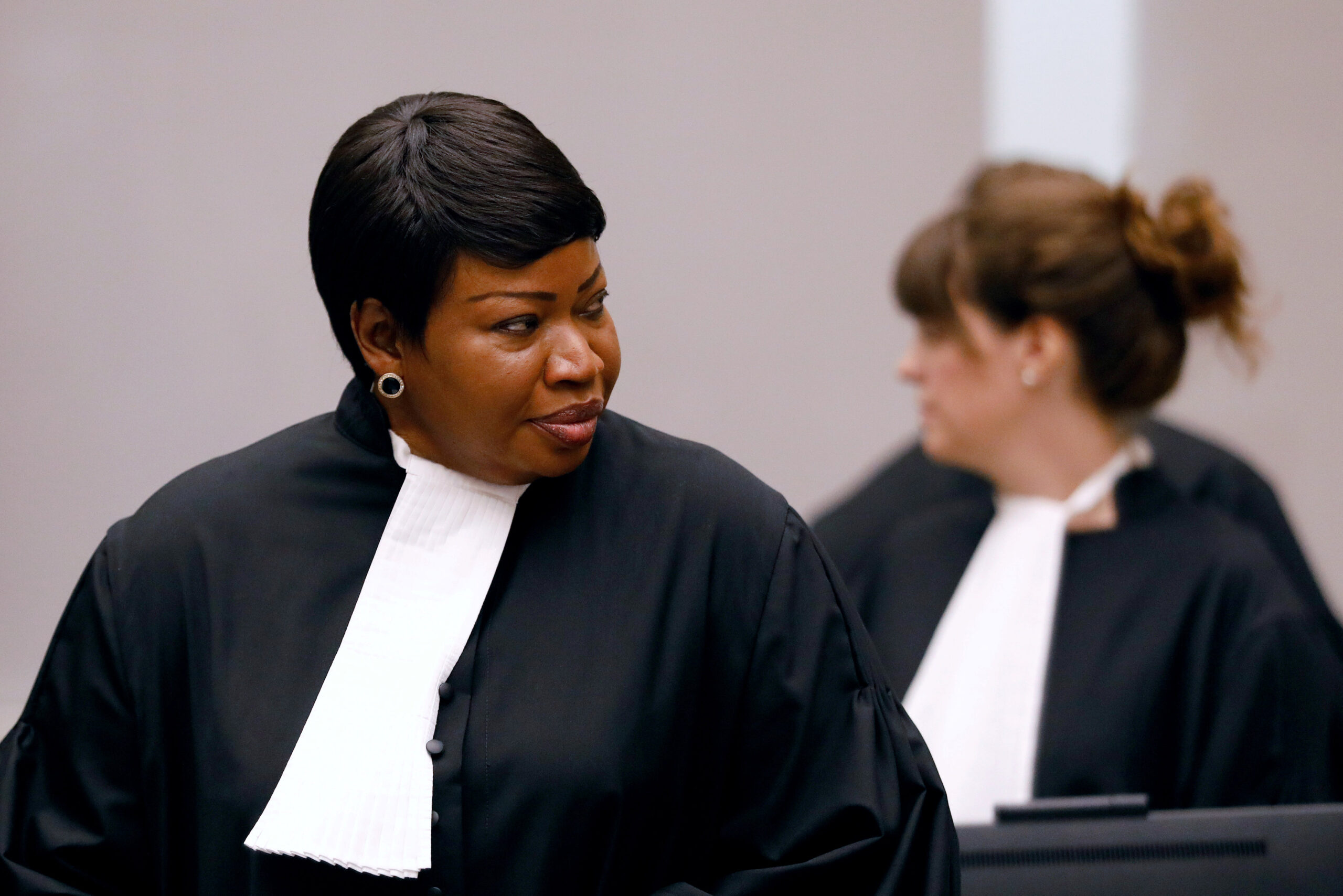
U.S. revokes visa of war crimes prosecutor

The United States has revoked the entry visa of the chief prosecutor of the International Criminal Court, Fatou Bensouda, in response to her inquiry into possible war crimes by U.S. forces in Afghanistan.
Secretary of State Mike Pompeo said last month the U.S. would withdraw or deny visas to ICC staff investigating such allegations against U.S. forces or their allies.
United Nations human rights experts called the reaction “improper interference” in the work of the world’s permanent war crimes court. It also drew criticism from within the European Union.
“We can confirm that the U.S. authorities have revoked the prosecutor’s visa for entry into the U.S.,” Bensouda’s office told Reuters in an e-mail.
The African Union (AU) backed Ms Bensouda to for ICC chief prosecutor in 2012 after accusing her predecessor, Luis Moreno-Ocampo, of unfairly targeting Africans for investigation. Moreno-Ocampo denied the allegations.
It said it understood the move should not impact Bensouda’s travel to the U.S. to meet her United Nations obligations.
The ICC is not a U.N. court, but Bensouda travels regularly to brief the U.N. Security Council on cases referred to The Hague by the UN body.
A State Department spokesman said members of international organisations planning official travel to the U.N. could apply for diplomatic visas. “We recommend that applicants apply as early as possible to maximize the chances of being found eligible,” the spokesman said.
The Rome statute has now 124 state parties, of which 34 are African states.
The U.S. in not a member of the ICC, along with other major powers Russia and China.
The office of the prosecutor said on Thursday that Bensouda would exercise her duties “without fear or favour”.
She has been investigating alleged war crimes by all parties in the conflict in Afghanistan since November 2017, including the possible role of U.S. personnel in relation to the detention of suspects.
ICC judges are still reviewing materials and have not yet handed down a decision on opening a formal investigation in Afghanistan.
The ICC is a court of last resort with 122 member states. It acts only when countries within its jurisdiction are found to be unable or unwilling to seriously investigate war crimes, genocide or other serious atrocities.






